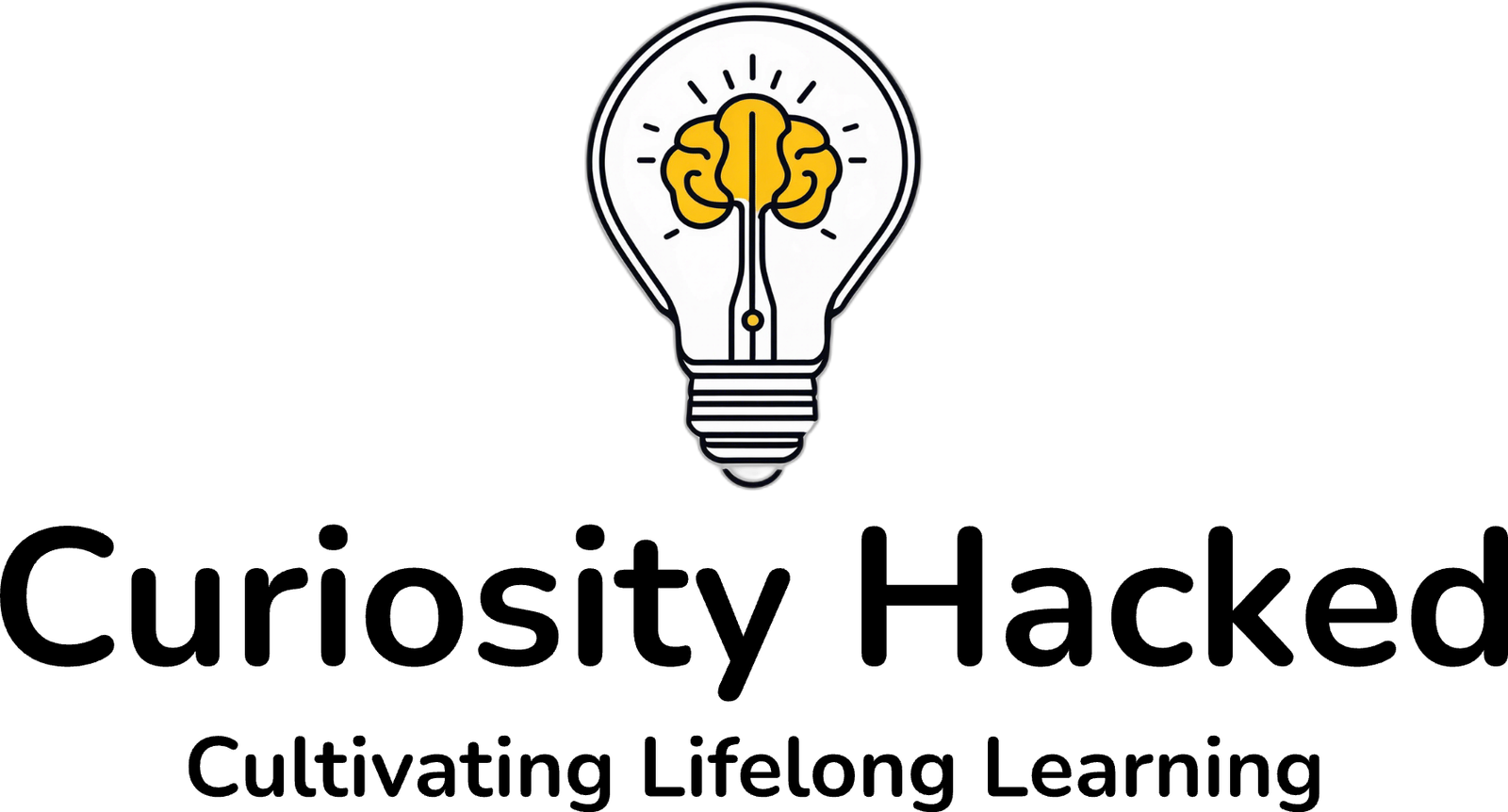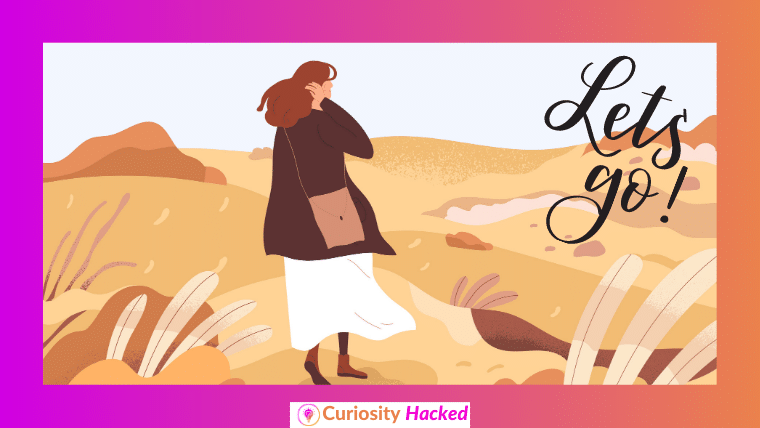Are you feeling lost or disconnected from your true nature? Do you wish to embark on a journey of self-discovery that will not only help you understand yourself better and lead a more fulfilling and meaningful life?
This blog post will guide you through a comprehensive journey of finding yourself, empowering you to uncover your authentic self, embrace your uniqueness, and nurture relationships while staying true to your values.
Throughout this journey of finding yourself, we will explore the importance of mental health, practical steps for self-scrutiny, and the significance of exploring hobbies and passions. Prepare to embark on a transformative journey that will change how you view yourself and the world.
Short Summary
Embark on a life-long journey of self-discovery to explore your values, beliefs, and strengths.
Empower yourself with positive influences and affirmations while managing stress and anxiety for personal growth.
Reflect on past experiences, nurture relationships, and cultivate mindfulness to discover your true colors!
The Journey of Self-Discovery

The journey of self-analysis is a lifelong process that involves exploring your desires, values, and beliefs as a human being. This exploration can lead to a profound understanding of your authentic essence and an immense sense of fulfillment. Engaging with the world, exploring your values, interests, fears, and never-ending learning can enrich your precious life. Without self-reflection, you and your life will experience feeling adrift and consistently commit the same errors.
Embracing your uniqueness and overcoming obstacles are essential aspects of the self-discovery process. You foster a strong sense of self-identity by accepting and celebrating the qualities that make you different from others. Overcoming challenges, such as fear of change or societal expectations, is crucial for personal growth and development.
Mental well-being plays a significant role in finding yourself, affecting self-esteem, decision-making, and overall well-being. Maintaining a healthy mental state is vital for staying focused, confident, and resilient during self-contemplation.
Let’s delve deeper into the critical aspects of self-examination, starting with embracing your uniqueness.
Embracing Uniqueness
Embracing uniqueness means accepting and celebrating the qualities that make you different from others, fostering a strong sense of self-identity. Being bold can empower you to find what resonates with you and break free from what society and family members tell you to be. By embracing curiosity, you can uncover and explore the depths of your being.
Be mindful of the company you keep, as being around certain people can make you feel lost and uncomfortable, and challenging for you to discover yourself. Strive to find friends and commitments that respect and empower your right to self-determination by consciously surrounding yourself with positive influences. Bidding farewell to people and commitments that encourage inauthenticity is essential, as they can hinder your progress in making beneficial changes and achieving a deeper level of self-understanding.
Overcoming Obstacles
During the journey, you will face challenges like fear of change, societal expectations, and self-doubt. Overcoming these obstacles is crucial for personal growth and development. Listening to negative thoughts from your inner critic, or engaging in negative self-talk, can be detrimental to your journey of self-knowledge and could even lead to self-sabotage.
To tackle these challenges in our daily life, human beings need to recognize the cost of sacrificing our soul’s nature in favor of demands. Our life force can be sapped from our core, and our souls become exhausted from engaging in activities contrary to their nature.
Stay determined and empowered to reach your goals by using affirmations such as “I am capable of achieving my goals” and “I am strong enough to overcome any obstacle.”
The Role of Mental Health in Finding Yourself

Mental health is a powerful tool for finding yourself, as it can significantly impact self-esteem, decision-making, and overall well-being.
Awareness and practical expression of feelings are essential for discovering your true nature. Numerous forms of therapy can help you in various ways, such as mindfulness, cognitive-behavioral, and interpersonal therapy.
Connecting to your spiritual center daily can be done by lighting a candle, burning incense, doing yoga, lectio divina, watching the sunrise, meditating, praying, and more.
Building self-confidence and managing stress and anxiety are crucial aspects of mental equilibrium during the journey. A strong self-belief allows you to trust your instincts and make choices that align with your values while managing stress and anxiety helps you stay focused on your goals and maintain a positive mindset.
Let’s discuss these mental wellness aspects in more detail.
Building Self-Confidence
Building confidence in yourself is essential for self-discovery, as it allows you to tackle challenges, bounce back from setbacks, stay motivated, build relationships, and show your true colors to the world. To build self-belief, you can start by setting realistic goals, positively talking to yourself, doing activities that make you feel good, and being around people who support you.
Regular self-care is a key component to maintaining confidence. Make sure to get enough sleep, eat healthy, exercise, and take time for yourself. Additionally, don’t forget to give yourself positive affirmations and recognize your strengths and successes.
Managing Stress and Anxiety
Managing stress and anxiety during self-reflection is crucial for staying focused on your goals and maintaining a positive mindset. It can improve mental and physical health, increase resilience, and a more balanced and productive life. Many options are available to help you manage stress and anxiety, including relaxation techniques, mindfulness, exercise, and speaking with a therapist.
Taking regular breaks, getting enough sleep, eating a healthy diet, and engaging in activities that bring inner peace and joy can help you manage stress and anxiety. Remember, it’s okay to reach out for help when needed.
Managing stress and anxiety can hugely impact your mental and physical health, helping you become more resilient and lead a more balanced and productive life.
Practical Steps to Finding Yourself

Practical steps to finding yourself include reflecting on past experiences, identifying core values, and creating a personal growth plan. These steps can help you align your life more closely with your values, increase your self-esteem, and cultivate your grit, all of which can help you find yourself.
You can discover your core values by tuning into your initial response to complex issues and questioning yourself to get to the root of your answer. Challenging yourself, taking care of your well-being, and reaching out to others can help you find yourself.
Reflecting on past experiences can provide valuable insights into your strengths, weaknesses, and behavior patterns, helping you make informed decisions about your future. Developing a personal growth plan involves setting specific goals, identifying resources, and establishing a timeline for achieving your objectives. Let’s delve deeper into these practical steps.
Reflecting on Past Experiences
Reflecting on past experiences is an empowering process of looking back and gaining insight into your strengths, weaknesses, and behavior patterns. This reflection can give you a deeper understanding of your strengths, weaknesses, and behavior patterns, enabling you to make informed decisions about the future. Journaling can be a great way to reflect on yourself, recognize what brings you joy or sorrow, and document new experiences and ideas.
Reflecting on past and present relationships can help uncover one’s traits, strengths, bad habits, and weaknesses, reveal fears, provide insight into why they exist, and ultimately boost self-knowledge.
Developing a Personal Growth Plan
Developing a personal growth plan can bring about a variety of positive outcomes, such as improved self-awareness, motivation, and confidence. It can provide a structure to inform decisions and help individuals recognize their strengths and weaknesses. You can strive to improve your communication skills, adopt a healthier lifestyle, and learn a new skill, which can be included in your growth plan.
Resources such as books, online courses, mentors, or support groups can help you reach your goals and objectives. A realistic and achievable timeline should be established while remaining flexible enough to accommodate any necessary adjustments. Review your plan regularly and adjust it to ensure your goals and objectives remain achievable.
Nurturing Relationships During Self-Discovery

Nurturing relationships during self-exploration is essential for maintaining a support system and fostering healthy connections with others. It can provide emotional support and a sense of belonging and help boost confidence and self-esteem, paving the way for successful future relationship growth. Staying true to yourself during your journey involves noting who you listen to and what they say and believing in your feelings and thoughts first.
Establishing boundaries in relationships allows you to prioritize your journey while maintaining respect and understanding with others. Seeking support from friends, family, or professionals can provide guidance, encouragement, and a fresh perspective during your journey.
Let’s discuss these aspects of nurturing relationships in more detail.
Establishing Boundaries

Establishing boundaries is essential for building a solid foundation of respect, safety, and mutual understanding in relationships. It also allows individuals to honor their needs and wants and feel secure in their interactions. Prioritizing yourself in relationships ensures you release negative energy and do what’s best for you.
Setting limits on how much time you spend with someone, communicating your needs and expectations clearly, and respecting the boundaries of others are all great ways to establish boundaries effectively. Establishing boundaries can help you experience increased self-respect, enhance relationships, and gain greater control over your life.
Seeking Support
Seeking support from friends, family members, or professionals can provide guidance, encouragement, and a fresh perspective during your journey. Friends and family can be an invaluable source of comfort, empathy, and a sounding board, offering guidance and collaborating with you to develop solutions.
Therapists, counselors, and life coaches can offer an unbiased point of view and help you create plans to manage challenging emotions and circumstances. Don’t be afraid to seek help; it can benefit your mental well-being and personal growth.
Exploring Hobbies and Passions

Exploring hobbies and passions can help you uncover your interests, talents, and potential life paths, contributing to a deeper understanding of your authentic self. Trying new activities can broaden your horizons, challenge your comfort zone, and reveal hidden passions or talents. Cultivating mindfulness through meditation, journaling, or yoga practices can help you stay present, focused, and connected to your inner self during self-reflection.
Let’s delve deeper into the benefits of exploring hobbies and passions and the importance of trying new activities and cultivating mindfulness.
Trying New Activities
Try new things; activities can broaden your horizons, challenge your comfort zone, and reveal hidden passions or talents. The potential for trying new things and activities is limitless! You can gain new skills, meet new people, and discover new passions, helping you become more confident and open to new experiences.
You can stay motivated by taking a class, volunteering, exploring a new hobby, or trying a new sport. By pushing yourself beyond your comfort zone and challenging yourself to grow, you open up a world of possibilities for exploring what you enjoy, what you’re good at, and what brings you meaning and purpose.
Cultivating Mindfulness
Cultivating mindfulness is essential during the self-contemplation process. It helps you stay present, focused, and connected to your inner self. Mindfulness meditation, somatic experience, yoga, and 5 Rhythms dancing can help you tap into your body and explore your wildness.
Journaling can reveal our inner feelings, which often leads to extraordinary breakthroughs. Practicing gratitude daily for even the small things in life helps us remain positive and focused. Using a mindfulness app that guides you through meditation can also be incredibly helpful. By practicing mindfulness, you can better understand your emotions, reactions, and thought patterns, ultimately leading to a deeper understanding of your true self.
Summary
Throughout this blog post, we have explored the journey of self-discovery and the importance of embracing one’s uniqueness, overcoming obstacles, and nurturing relationships during this transformative experience. We have also delved into the role of psychological health, practical steps for self-exploration, and the significance of exploring hobbies and passions.
As you embark on your self-awareness journey, remember to prioritize your mental balance, establish boundaries in your relationships, and explore new activities that challenge and inspire you. You can uncover your true self and lead a more fulfilling and meaningful life through self-reflection, personal growth plans, and mindfulness.
Frequently Asked Questions
What it means to find yourself?
Discovering yourself can be a transformative experience of self-reflection and personal growth. It requires openness and willingness to understand your innermost thoughts, values, and beliefs while unafraid to seek the truth. This process makes you appreciate your true identity and realize your inner potential.
Finding yourself is an ongoing journey of soul-searching that involves getting to know yourself more profoundly and accepting who you are at your core. It encourages you to embrace your feelings, ideas, dreams, and hopes and be kind to yourself as you work towards realizing your full potential. Dedication, conscious effort, and focus can create a life you are proud of.
Why is it so hard to find yourself?
Self-exploration is a journey of personal growth and self-reflection, but it can be complicated and overwhelming. We often don’t take the time to evaluate our beliefs, explore our passions and desires, or uncover our true potential.
The difficulty comes from within; we must work to gain clarity on ourselves and accept who we are before we can learn how to find happiness in our true selves.
What is 21 days to discover yourself?
21 Days to Discover Yourself is an exciting journey of self-reflection that combines daily tasks with journaling activities. Take advantage of this opportunity to truly explore who you are, what you stand for, and how you want to be in the world. Make sure you come out of it better understand the real you and your authentic self.
How do I begin to find myself?
Starting your journey of self-understandingdoesn’t have to be a daunting task. Begin by identifying what you already know you value and enjoy in life, and set small achievable goals to help you build on those values.
Take time to reflect on who you are, what matters to you, and appreciate the things you have. Choose to challenge yourself, try something new, and look honestly at your habits and relationships to further your understanding of your relationship with yourself.
How can I start my self-discovery journey?
Start your understanding of yourself by focusing on what makes you happy, exploring the things that ignite your passions, and being honest with yourself about who you are and your want in life to be.
Be gentle with yourself as you uncover new perspectives and experiences.








